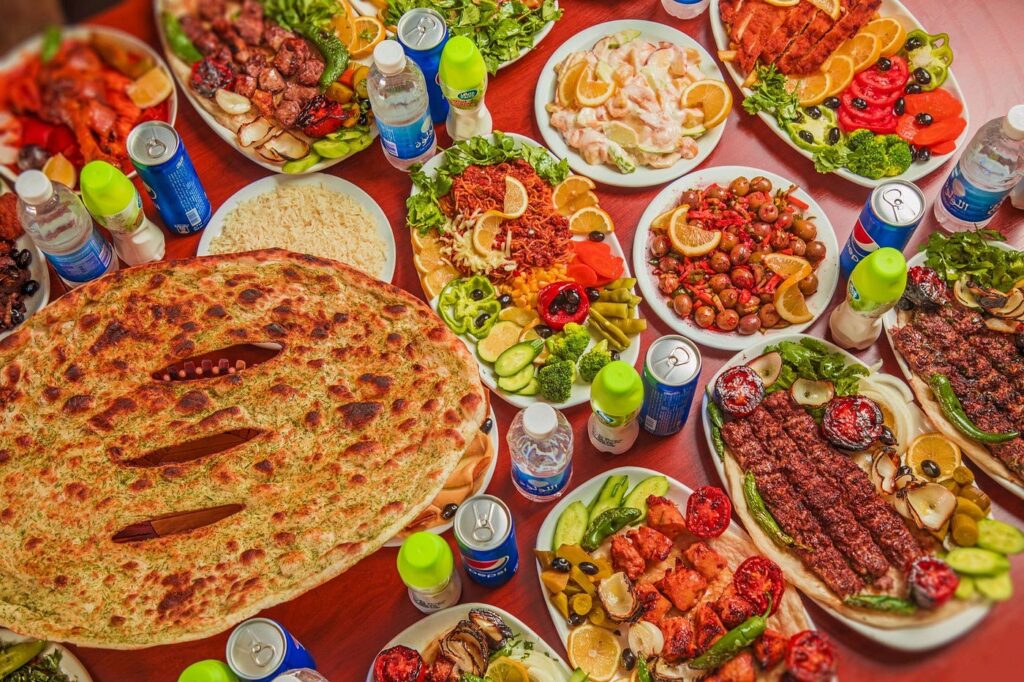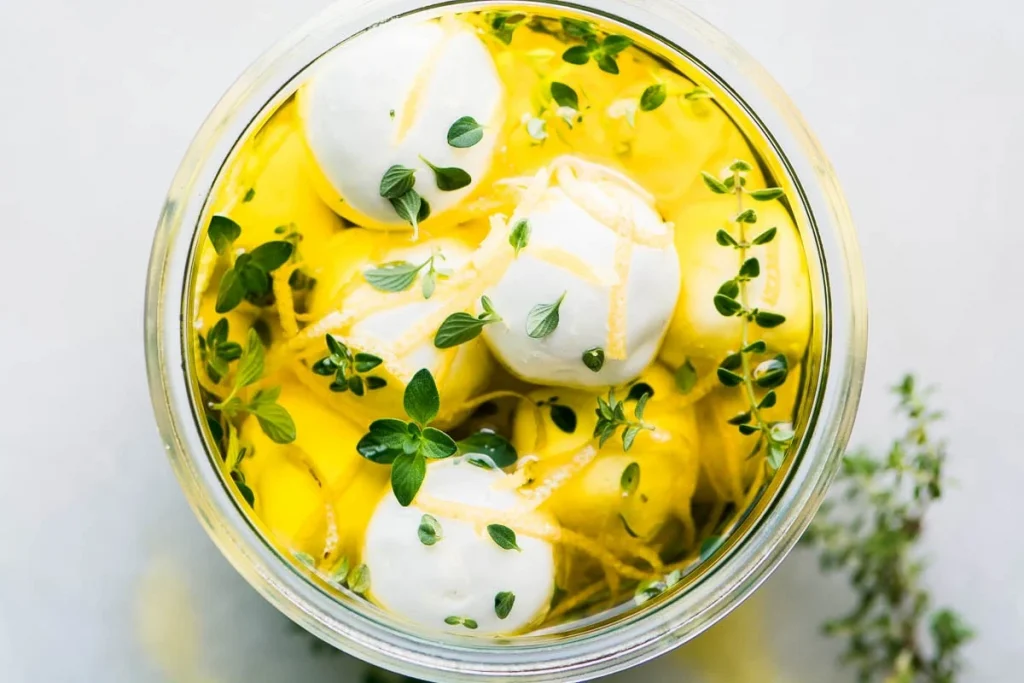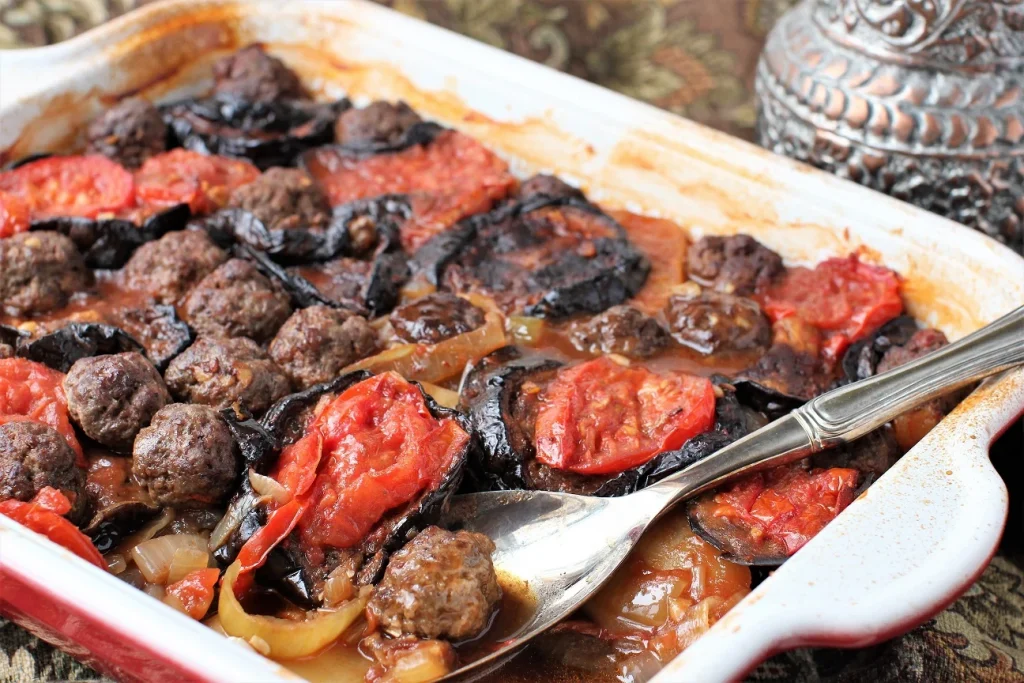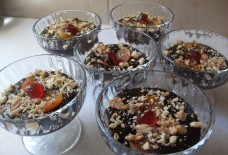The Foods of Iraq: Enshrined with a Long History
By: Habeeb Salloum/Arab America Contributing Writer

Iraqi cuisine has a long history going back some 10,000 years – to the Sumerians, Akkadians, Babylonians, Assyrians, and ancient Persians. Tablets found in the ruins left by these ancient peoples show recipes prepared in the temples during religious festivals – in reality, the first cookbooks in the world. Iraq, the Mesopotamia of the ancients, was home to many dazzling and sophisticated civilizations, highly advanced in their times, in all fields of knowledge, including the culinary arts.
However, it was in the medieval era when Baghdad was the capital of a large Muslim Empire that the Iraqi kitchen reached its zenith. However, after the destruction of Baghdad by the Mongols in 1258 A.D., this world-class cuisine declined, but was somewhat revived in the last century by the commercial and cultural interaction with the countries of the Mediterranean area and the world beyond.
Today, the foods of Iraq reflect this rich inheritance as well as strong influences from the culinary traditions of Turkey and Iran and the Greater Syria area. Because of all these traditions and complex influences, Iraqi cuisine is enormously rich and varied.
As in the other countries of the Middle East, chicken and, especially lamb are the favourite meats. With the exception of most appetizers and salads, regular daily dishes are usually based on red meat – in many cases, marinated with garlic, lemon and spices then grilled over charcoal. As well, quzi (grilled whole lamb stuffed with rice, almonds, raisins, and spices) and kubba (minced meat ground with burghul or rice and spices) are looked forward to dishes.
Stuffed vegetables such as dolma, are much favored, as is rice. Hardly any meal is served without rice – usually the Basmati variety, grown in the swamps of the south and west of Baghdad. Butter and yogurt are other essentials in Iraqi cooking. Often food is prepared with butter, while yogurt is served with the main meal or as a drink or sauce, or just as a side dish.
On the other hand, the most renowned dish in Iraq is masgouf, an Iraqi grilled fish specialty. It is simply an opened fish, spiced with salt, pepper and tamarind, then placed on wooden sticks and barbecued in front of a large flame. It is usually served with rice cooked with tomato paste, or rice prepared with saffron, along with salad and pickles.
The following few recipes are examples of a cuisine as old as time.
Yogurt Cheese Balls – Labna

This thick, creamy yogurt cheese is a great breakfast dish, especially when served with Arabic (pita) bread
4 cups yogurt
1/4 lemon rind, very finely grated
1 teaspoon lemon juice
1/2 teaspoon salt
1/4 teaspoon dried mint
1/4 teaspoon dried thyme
olive oil
Thoroughly mix all ingredients, except olive oil, then place in a muslin or cheesecloth bag and hang over a sink or other receptacle to strain the liquid. Leave the yogurt to drain for 4 days.
Form into balls a little smaller than walnuts, then place in a jar. Pour in enough olive oil to cover, then store and use as needed.
Meat and Vegetable Casserole – Tepsi Baytinijan

Serves about 6 people.
I have prepared this dish to my own taste. Hence, it is spicier than the regular Iraqi version.
1 eggplant, about 1 pound
1 1/2 teaspoons salt
1/2 cup vegetable oil
3 medium carrots, peeled, then cut into 1/2-inch rounds (3 medium potatoes may
be substituted)
2 medium onions, cut into 1/2-inch round slices
1-pound ground lamb or beef
4 cloves garlic, crushed
1 teaspoon black pepper
1 teaspoon cumin
1/8 teaspoon cayenne
3 medium tomatoes, cut into 1/2-inch round slices
1/2 cup water
Peel eggplant, then halve lengthwise and slice into half-rounds about 1-inch thick. Place on a platter and sprinkle with 1/2 teaspoon of the salt and set aside.
In a frying pan, heat the oil over medium, then fry eggplant for about 6 minutes or until golden on both sides, adding more oil if necessary. Drain on paper towels.
In the same oil, always adding more if necessary and stirring occasionally, fry the carrots and onions over medium heat for 8-minutes. Drain on paper towels.
Thoroughly combine meat, half the garlic, 1/2 teaspoon of the salt, 1/2 teaspoon of pepper, 1/2 teaspoon of the cumin, and the cayenne, then form into small balls. Fry in same frying pan over medium heat for 10 minutes, adding more oil if necessary and stirring occasionally, then set aside.
Combine water, the remaining salt, garlic, pepper, and cumin then set aside.
Preheat oven to 350º F.
Arrange the eggplant pieces on the bottom of a casserole, then arrange evenly on top carrot rounds and slices of tomatoes in that order. Spread meatballs evenly between the tomato slices, then pour water mixture on top.
Cover and bake for 1 hour, then serve hot from the casserole.


